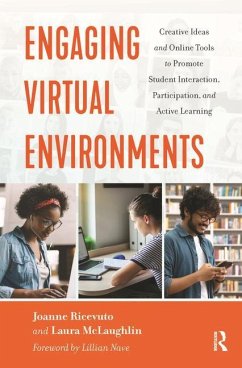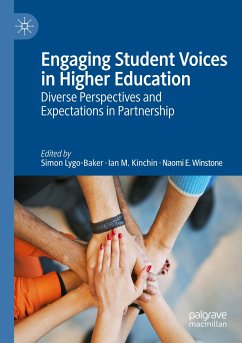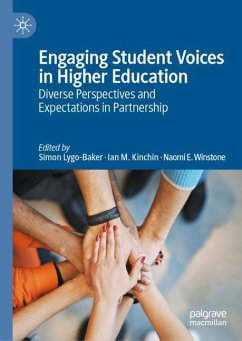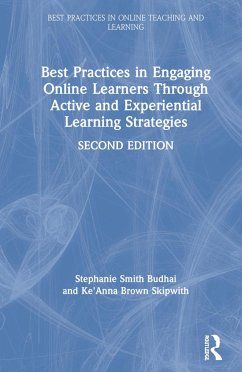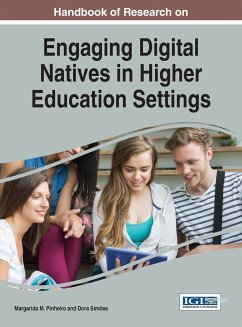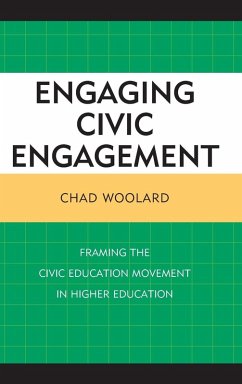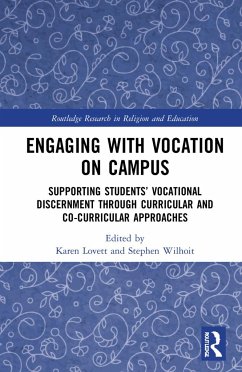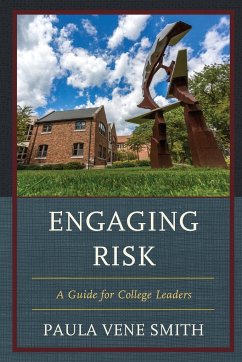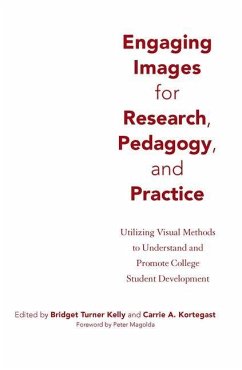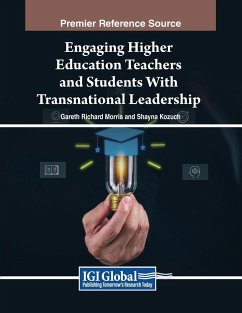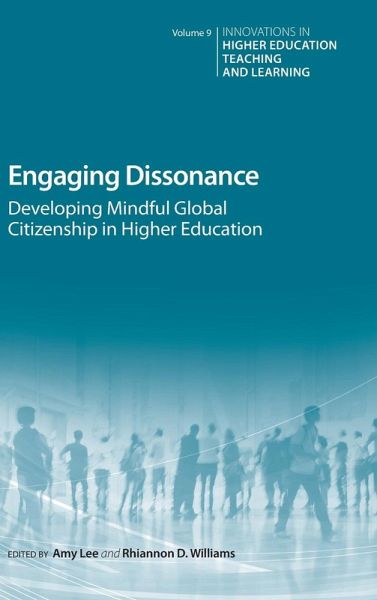
Engaging Dissonance
Versandkostenfrei!
Versandfertig in 1-2 Wochen
151,99 €
inkl. MwSt.

PAYBACK Punkte
76 °P sammeln!
This volume explores the internationalization of higher education in the context of global citizenry and intercultural competencies. It focuses on presenting dissonance as a means to facilitating students' openness to complexity and development of intercultural skills or their experiences in the classroom.





